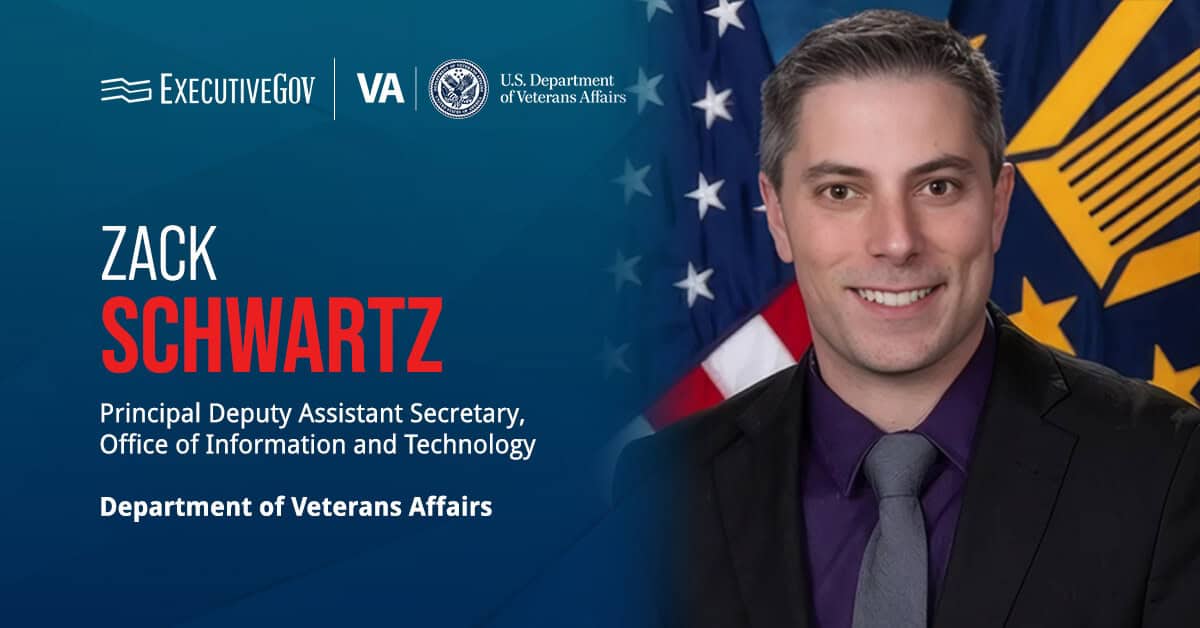The Federal Trade Commission voted to extend the deadline for submitting public comments regarding the need for new risk mitigation rules for commercial surveillance and lax data security practices.
Input will be accepted until Nov. 21 for the Advance Notice of Proposed Rulemaking on the potential harm of collecting and analyzing consumer information for commercial purposes, the FTC said Friday.
The ANPR was initially launched in August in response to research indicating that commercial surveillance practices have adverse social and mental health effects.
Such monitoring activity has also been linked to data breaches, discrimination and manipulation, the commission added.
Four members of the FTC voted in favor of the deadline extension, overruling one opposition and one abstention.
The agency will post responses on Regulations.gov.





